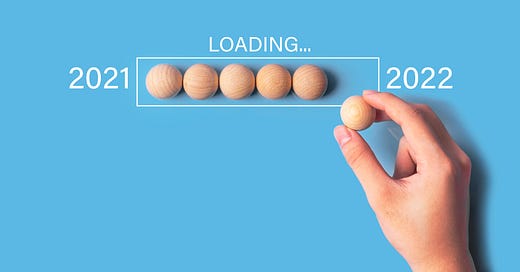Charting the Most Important Findings in American Life in 2021
My Top 10 Most Compelling Charts and Figures in 2021
It’s been an incredibly busy year—the first full year the Survey Center on American Life has been up and operating. We’ve conducted surveys that identified concerning levels of support for political violence, the religious tinge to conspiracy theories, and a nationwide friendship recession. I’m grateful to everyone who follows our work. If you value thi…
Keep reading with a 7-day free trial
Subscribe to American Storylines to keep reading this post and get 7 days of free access to the full post archives.




